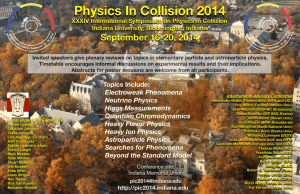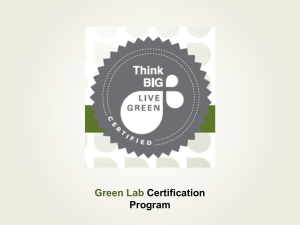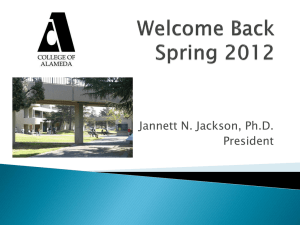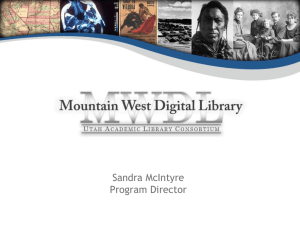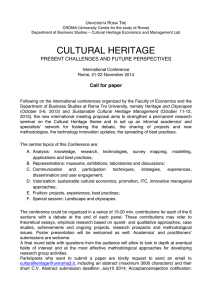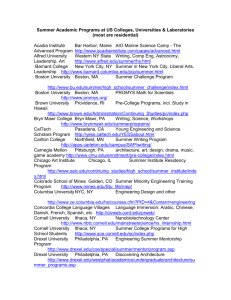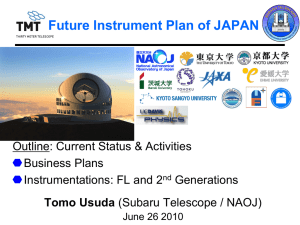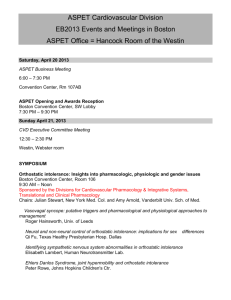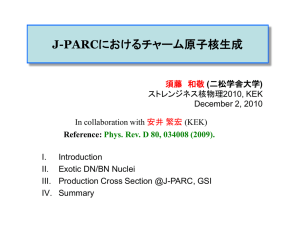Hospital-Based Careers for Doctoral Scientists
advertisement
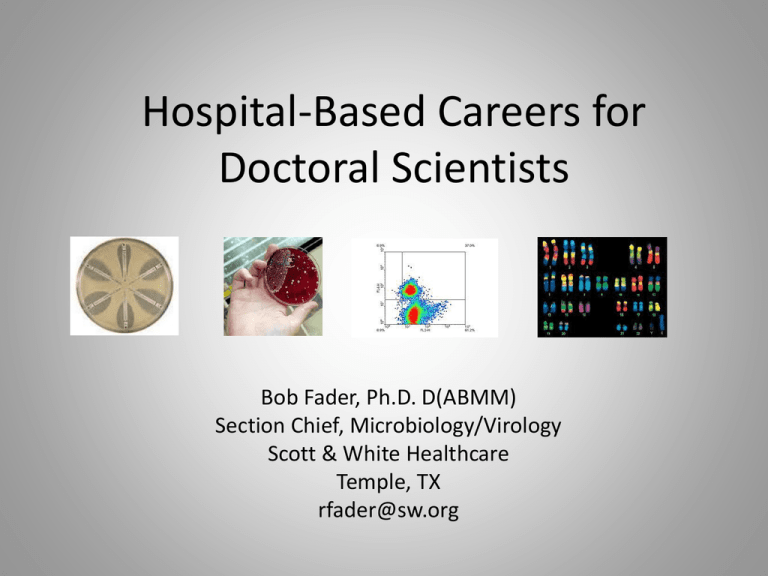
Hospital-Based Careers for Doctoral Scientists Bob Fader, Ph.D. D(ABMM) Section Chief, Microbiology/Virology Scott & White Healthcare Temple, TX rfader@sw.org Hospital-Based Careers • • • • • • Clinical Microbiology Laboratory Immunology Clinical Chemistry Radiation Oncology Reproductive Medicine Medical Genetics All have training programs with certification examinations. Certification is recognized by CLIA as qualifying to direct a laboratory with high complexity testing Medical and Public Health Laboratory Microbiology • 2 year post-doctoral training programs • Overseen by the Committee on Postgraduate Educational Programs (CPEP) through the American Society for Microbiology (ASM) • Programs emphasize diagnostic capabilities, laboratory management, research • Eligible to take the American Board of Medical Microbiology exam for certification at completion of fellowship CPEP Approved Programs • Beth Israel Deaconess Med. Center, Boston, MA • Mayo Clinic, Rochester, MN • NIH, Bethesda, MD • UCLA, Los Angeles, CA • Univ of Nebraska, Omaha • Univ of North Carolina, Chapel Hill, NC • Univ of Pennsylvania, Philadelphia, PA • Univ of Rochester SOM, Rochester, NY • Univ of Utah, Salt Lake City, UT • Univ of Washington, Seattle, WA • Vanderbilt University, Nashville, TN • Washington Univ, St. Louis, MO Medical Laboratory Immunology • 2 year post-doctoral training programs • Accredited by CPEP (through ASM) • Fellowship concentrates on serologic testing, histocompatibility testing and flow cytometry, laboratory management, research • Can take ABMLI exam for certification at completion of fellowship CPEP approved Programs for MLI • Rosalind Franklin University of Medicine and Science, Chicago, IL • University of North Carolina Hospitals, Chapel Hill, NC • University of Utah Medical Center, Salt Lake City, UT University of Utah Medical Center Website • This fellowship covers the major areas of clinical and diagnostic immunology including laboratory administration, teaching, and research. Fellows rotate through clinical laboratories at ARUP Laboratories, the Histocompatibility and Immunogenetics Laboratory at the University of Utah Health Sciences Center, and the Public Health Laboratory at the Utah Department of Public Health (UDPH). The Clinical Facilities of the Laboratory of Immunology at ARUP Laboratories include Protein, Allergy, Autoimmune Disease Serology, Microbial Serology, Cellular and Innate, Flow Cytometry, and Hepatitis and Retrovirus Serology sections Clinical Chemistry • Commission on Accreditation in Clinical Chemistry (www.comacc.org) – Sponsored by: – Academy of Clinical Laboratory Physicians and Scientists – American Association for Clinical Chemistry, Inc. – American Chemical Society – Association of Clinical Scientists – National Academy of Clinical Biochemistry Clinical Chemistry Curriculum • • • • A trained clinical chemist should be able to demonstrate competency in directing clinical services and proficiency for initiating research projects. A trained clinical chemist must be able to teach others (residents, graduate students, medical students, medical technologists, etc). A trained clinical chemist should have administrative skills. Most training programs devote part of the program to supervised managerial training, in which a trainee will manage the laboratory as an “acting director” Competency in the following areas is the goal: – Consultation to physicians in the interpretation of reported laboratory values and in the relationship of biochemical and genetic findings of disease. – Be familiar and up to date with the newest tests, disease markers and technologies in the field of clinical chemistry. – Be a source of information in the field and educate colleagues about the most recent findings in clinical chemistry by speaking at Grand Rounds, staff meetings, etc. – Be thoroughly grounded in the theory, operation, and maintenance of instrumentation, methodology, and the quality control measures applicable to the modern clinical laboratory. – As an administrator, must be a competent manager of people, capital equipment, budgetary resources, and have a knowledge of the ethics of medicine and science. ComACC postdoctoral training programs • • • • • • Children’s Hospital, Boston Cleveland Clinic Emory University, Atlanta Johns Hopkins, Baltimore Mayo Clinic, Rochester MN Medical Univ of South Carolina, Charleston • Methodist Hospital/ Weill Cornell Medical College, Houston • Texas A&M Health Science Center, Temple • University of California, San Francisco • University of Chicago • University of Louisville SOM • Univ of Maryland, Baltimore • Univ. of Minnesota, Minneapolis ComACC postdoctoral training programs (continued) • • • • • • • • • Univ of North Carolina, Chapel Hill UTMB, Galveston UT Southwestern, Dallas Univ of Toronto Univ of Utah, Salt Lake City Univ of Virginia, Charlottesville Univ of Washington, Seattle Vanderbilt University, Nashville Washington University, St Louis Radiation Oncology Physics Residency Program • Designed for individuals with M.S. or Ph.D. • Comprehensive training in the areas of – – – – – – – – – Dosimetry Treatment planning Brachytherapy Radiation safety Multi-modality imaging Image guidance Particle therapy Special procedures Quality Assurance Radiation Oncology Physics Residency Program • Program is offered at Washington University/ Barnes-Jewish Hospital Radiation Oncology Department in St. Louis, MO • Graduates are eligible for certification examination in the specialty of Therapeutic Radiological Physics • Certification by the American Board of Radiology Reproductive Medicine • Certification in Andrology and/or Embryology by American Association of Bioanalysts www.aab.org/aab/ELD.asp • Certification can be as M.S. or Ph.D. Scientists – Written examination – Documented proficiency in techniques of Reproductive Medicine • Limited training programs available – Most come out of Ag programs – Research involving transgenic mice Clinical Genetics • Postdoctoral training programs (45) lead to certification by American Board of Medical Genetics • Certification in – Clinical Biochemical Genetics (29) – Clinical Cytogenetics (44) – Clinical Molecular Genetics (39) • www.abmg.org for further information

